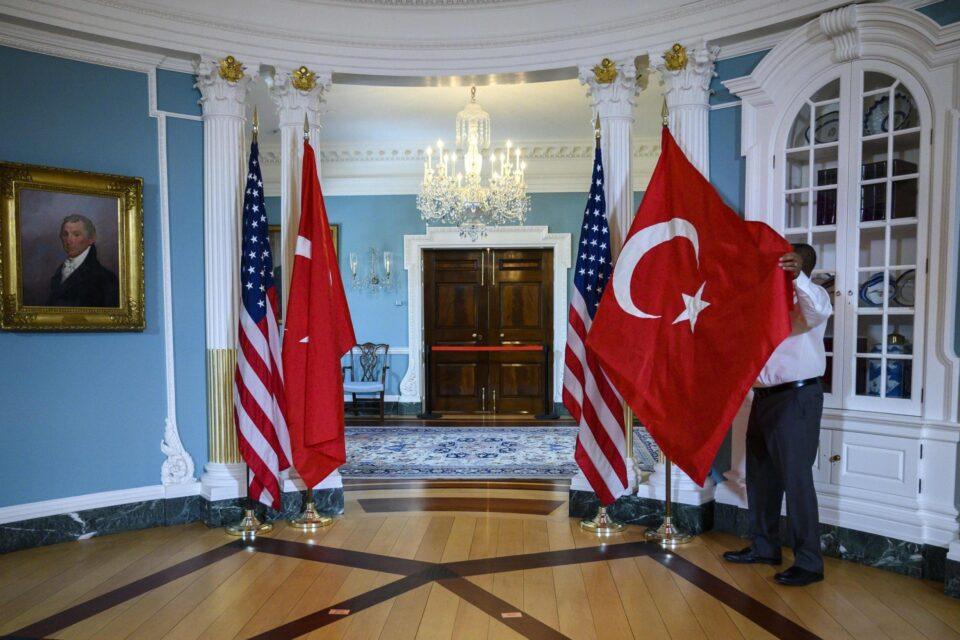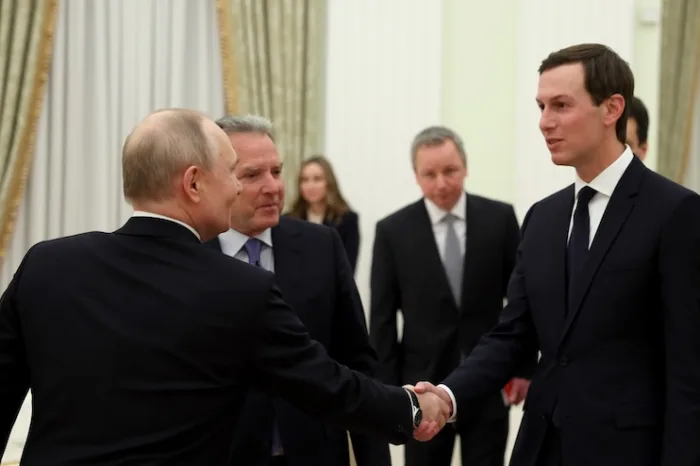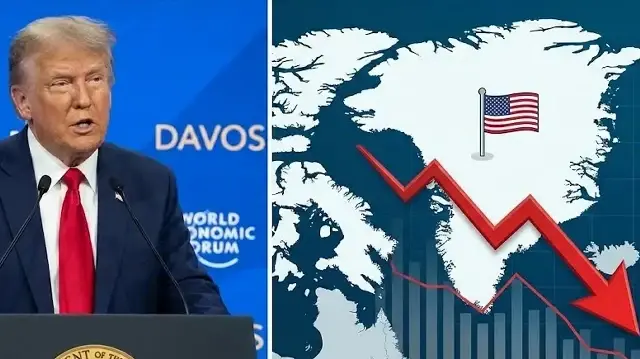Turkey and the US presidential election

Turkey called back its research vessel Oruç Reis to port in order to support efforts by Germany and NATO Secretary-General Jens Stoltenberg to facilitate dialogue with Greece. As Ankara and Athens continue to exchange statements, tensions in the Eastern Mediterranean will be discussed at the Special European Council on Sept. 24-25.
In the meantime, the United States inches toward a historic presidential election. With the Nov. 3 vote just six weeks away, voters are bombarded with sensational claims and a war of words. From U.S. President Donald Trump’s remarks on face coverings and COVID-19 transmission to his words about fallen soldiers and sexual harassment allegations, everything is being fiercely debated.
Although pollsters say that Joe Biden, his Democratic challenger, is ahead even in swing states, Trump seems to be catching up. The post-coronavirus economic recovery, the creation of new jobs, reaction to Black Lives Matter protests’ violent turn and Latinos moving away from Biden all play into Trump’s hands. Moreover, experts agree that Trump is likely to outperform Biden in televised debates. Still, America witnessed a particularly close race – and whether the results will be accepted by both sides remains uncertain.
To appreciate the level of global interest in U.S. elections, a quick look at U.S. intelligence reports about Russian meddling in the race on Trump’s behalf, as China roots for Biden, would suffice. Those kinds of heated exchanges over foreign meddling will affect the elections. Americans seem to overwhelmingly believe that the United States will become a different country if Trump is re-elected.
In his second term, experts say, Trump would likely double down on his dismissal of the transatlantic alliance, international organizations and norms – as well as his “America First” policy. At the same time, the U.S. president could further weaken the establishment to reshape the country, more obviously, by a wave of white nationalism.
There will almost certainly be more uncertainty in the world, as Washington’s competition with China fuels global turmoil. If elected, Biden is expected to strengthen the transatlantic alliance, to be more interested in balancing Russia, to revive the Iran nuclear deal and handle the U.S. rivalry with China more softly. Obviously, the Democratic contender, who would have to deal with domestic issues as well, will not be able to restore the liberal international order and the power struggle will rage on.
Who wins the next U.S. presidential election could have major repercussions for the Middle East as well. If re-elected, Trump can be counted on to continue the U.S. withdrawal, put Israel first and continue to realign the Gulf states with Tel Aviv. Right now, Trump is busy putting on a show at the White House for Arab leaders signing normalization agreements with Israel. Rumor has it that Oman, Kuwait, Morocco and Saudi Arabia will follow in the footsteps of the United Arab Emirates (UAE) and Bahrain soon. It would be hardly surprising if Washington were to get Qatar on board, promising some kind of normalization with other Gulf states. At the same time, the Trump administration could get African, Latin American and Asian nations to relocate their embassies to Jerusalem – as it did with Balkan states like Serbia and Kosovo.
Having built his election campaign (and his shot at the Nobel Peace Prize) around normalization with Israel, Trump already imposes a major transformation on the Middle East. If elected, however, Biden should not be expected to walk back on the U.S. policy of furthering Israel’s interests. The Democrat, however, would be more likely to distance himself from certain Gulf states and pursue normalization with Iran – which may result in some changes.
Although Trump remains unlikely to play an active role in the Eastern Mediterranean, Biden would possibly work with Greece and the Greek Cypriots to contain Turkey. Having pledged to support Turkey’s opposition leaders in an attempt to topple President Recep Tayyip Erdoğan, the Democratic contender would obviously experience some tensions with Ankara in the election’s immediate aftermath. Observers also expect Biden to further strengthen Washington’s engagement with the terrorist organization PKK’s Syrian branch, the YPG, to challenge Turkey’s relations with Russia and move closer to the alleged Armenian genocide.
Moreover, the prevalence of anti-Turkey figures on Team Biden may have a negative impact on bilateral relations. To counterbalance that impact, leader-to-leader diplomacy between Erdoğan and Biden would always present opportunities. Turkey becomes an increasingly prominent player in the new geopolitical stage in Iraq, Syria, the Eastern Mediterranean and Libya.
To alienate Turkey would serve the interests of neither the U.S. nor the European Union. The country has been powerful enough to manage its overlapping and contradicting interests with the U.S., Russia, China and the EU for some time now.
This article was first published by Daily Sabah on September 21, 2020.























